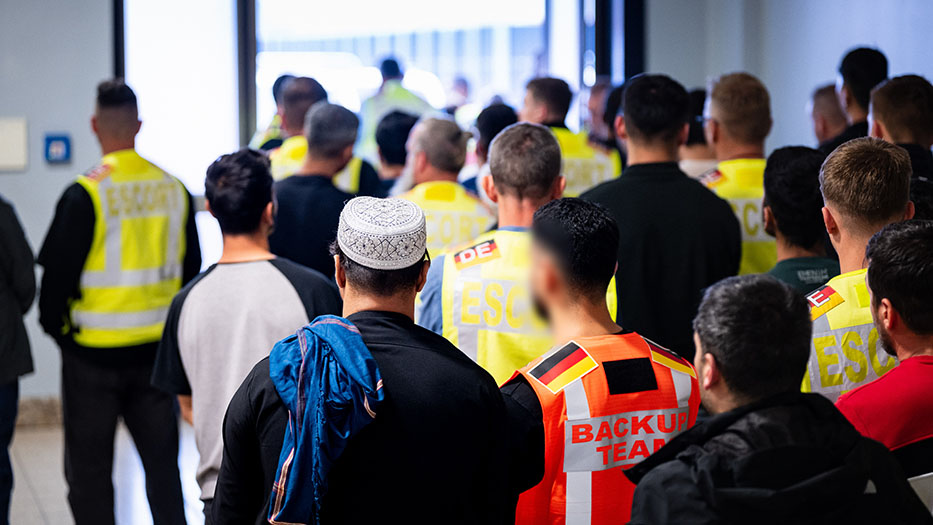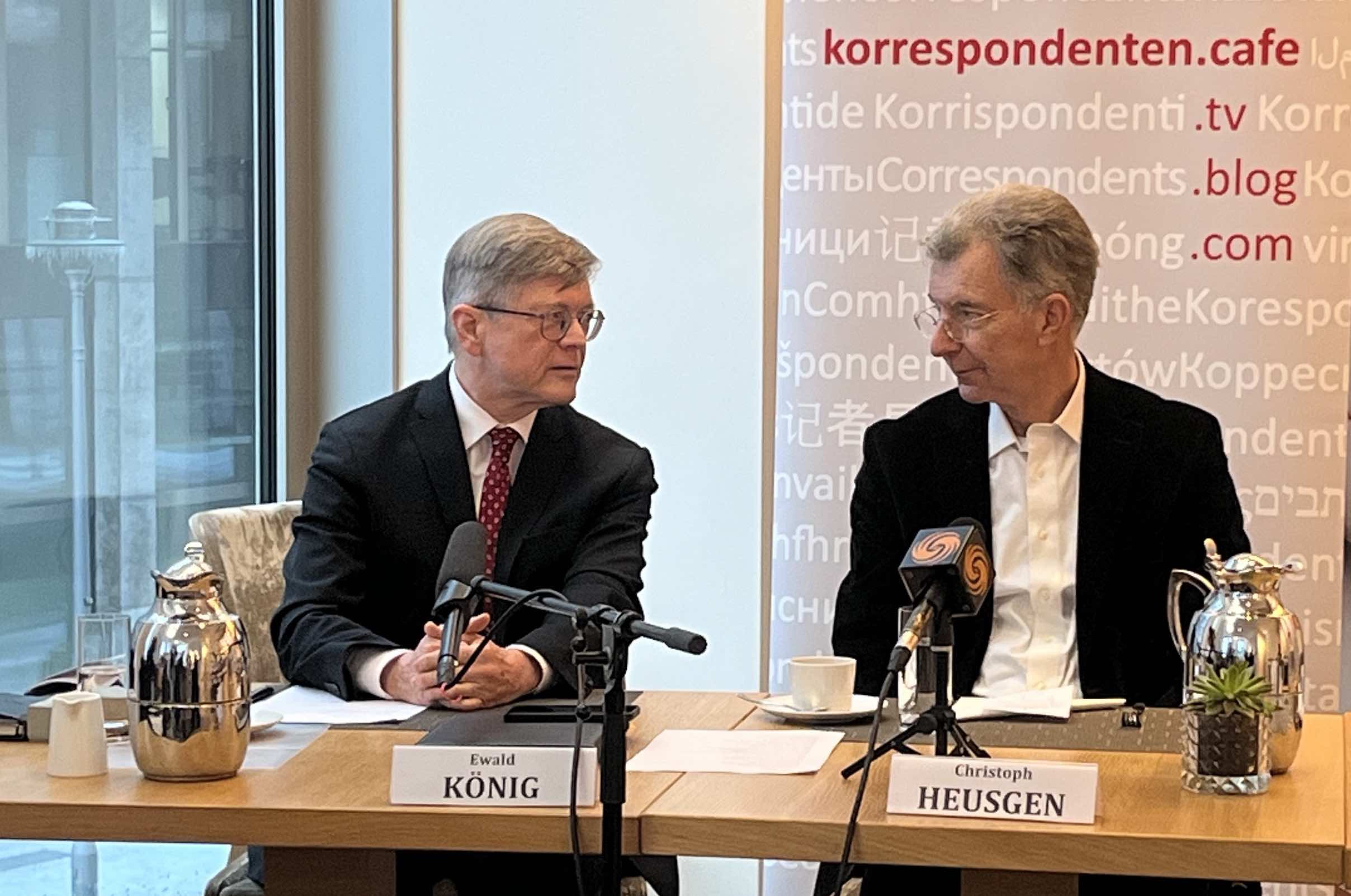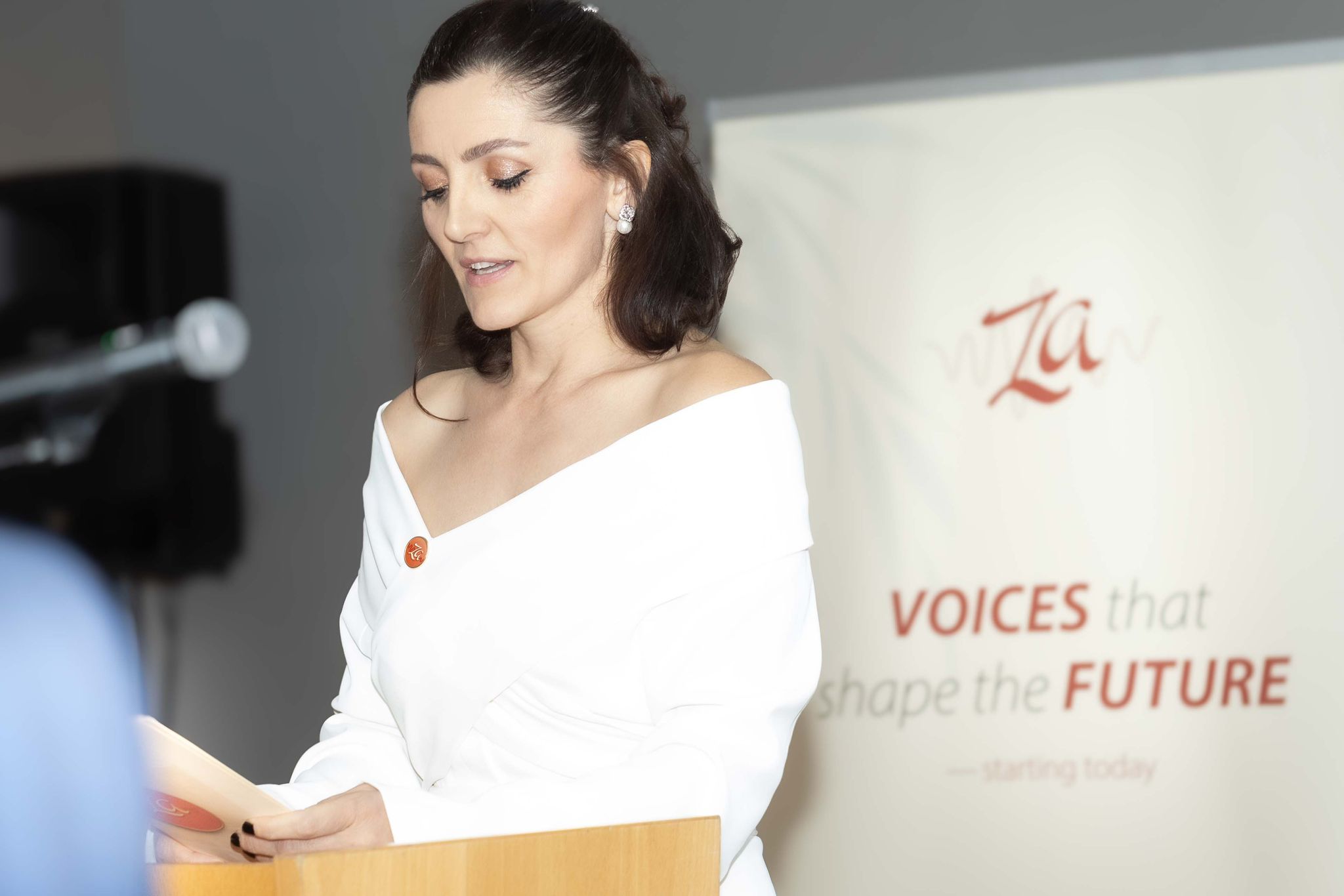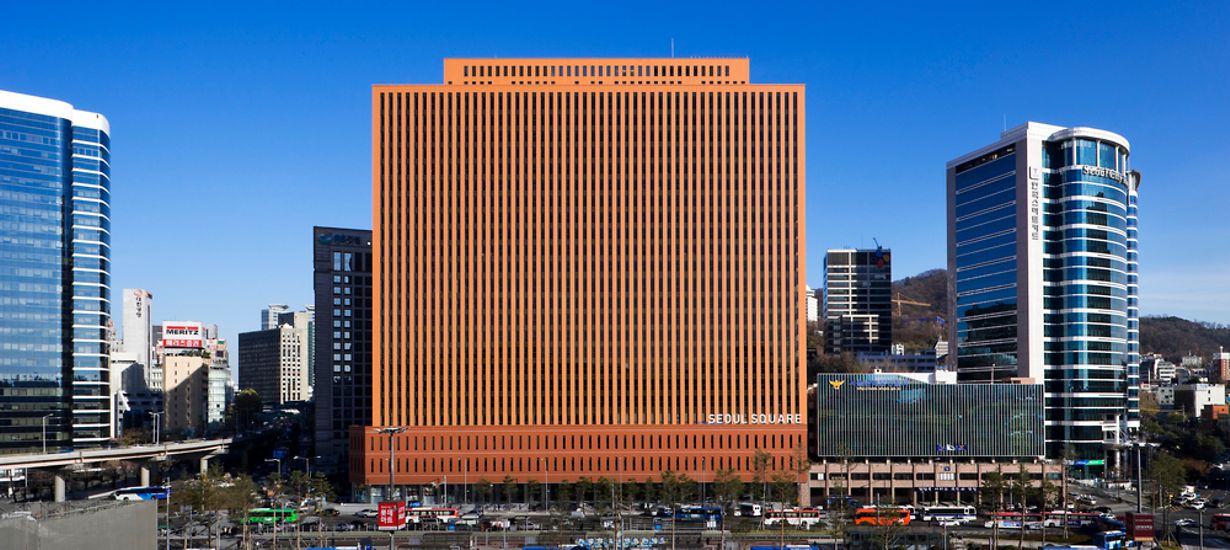diplo.news
A missed opportunity
Column by Ewald König

Now they are in the middle of Berlin, the two men from Afghanistan with long beards, living temporarily in a hotel, preparing for work at the Afghan embassy and putting diplomacy, politics and protocol to the test. The arrival of the two Taliban in Berlin was initially announced for Monday, but they had already arrived on Saturday, one day after the 81 Afghans were deported.
What has the West, what has Germany learned since the Afghanistan summit at Petersberg near Bonn? This conference - which took place from the end of November to the beginning of December 2001 - began with a great deal of euphoria. Twenty years later, another Afghanistan conference took place in the Uzbek capital of Tashkent. The German government only took part with a small video message and, fatally, was not involved in anything else.
I was present as a reporter at both summits, on the Petersberg and in Tashkent. While the two Taliban are currently looking around rainy Berlin, I think back to the two conferences.
The luxurious federal government guest house on Petersberg with a stunning view of the Rhine was well screened. I remember exactly: it was Ramadan - actually not the best timing, as most of the summit participants were fasting during the day. Nevertheless, it was not a disadvantage. After sunset, there was a festive banquet. The talks therefore lasted deep into the night in an atmosphere in which compromises were easier to reach than in sobriety during the day.
Euphoria and naivety
There was a lot of euphoria over the Petersberg summit. All too quickly, all too carelessly, all too often there was talk of a breakthrough. However, the euphoria was partly fed by Western naivety.
Doubts, mistrust and skepticism soon accumulated over the five days of the conference. An important politician even left early because he saw the Pashtuns poorly represented. Other ethnic groups also complained that, as a minority, they were not allowed to provide their own delegation. They also felt that they were not represented by other delegations. In addition, some delegates are said to have posed as representatives of other tribes.
The German hosts of the UN conference were somewhat dazzled by the photogenic garb of the new President Hamid Karzai and his appearance as a reform politician. At home, however, he was regarded by many as a puppet of the West.
The delegates from the region were particularly disillusioned by the image of women. How the noble declarations about women's rights were based on fundamental misunderstandings was demonstrated by revealing statements or even just gestures. The four women in the delegations were eyed critically: were they really fighters for equal rights? Or were they “token women”? And would the women, who had been living in exile for years, be accepted in the country itself?
“Nation of widows and beggars”
When I interviewed one of them, Sima Wali, a university professor in Washington, she said that Afghan women had suffered as a result of the many crimes of Taliban rule. “Afghanistan has become a nation of widows and beggars. But we have very strong women in Afghanistan.” She wanted to work to ensure that the voices of Afghan women were not lost, “not even in the West.” She died a few years later. She was spared from having to watch the Taliban return.
The Petersberg Afghanistan Conference ended with meagre results. It was just possible to agree on a final protocol. Back then, there was talk of a type of EU force for the first time — an idea that later reappeared after the urgent withdrawal of Western troops from Afghanistan. The then Federal Chancellor Gerhard Schröder said at the conference that he assumed “that Europe and Europeans will participate.”
As soon as the political framework had been established on the Rhine, a donor conference was held in Berlin. The then Foreign Minister Joschka Fischer appealed to the intellectual Afghans in exile and the specialists scattered around the world to return home for reconstruction: “All specialists are urgently needed in Afghanistan!”
German disinterest in conference in Uzbekistan
Twenty years later: Another Afghanistan conference is taking place in Tashkent. Uzbekistan is Afghanistan's neighbour and is therefore paying close attention to what is happening in Afghanistan and could have an impact on the entire region.
I was also able to attend this conference as a journalistic observer, curious how the situation compares to the euphoria in Bonn's Petersberg. Uzbekistan had taken the initiative — that was just before the fleeing troop withdrawal of the Americans and their allies — and invited all those affected.
What quickly struck me was that Germany was conspicuous by its absence. Apart from brief video connections, the German government showed little interest.
I certainly place this in connection with the subsequent failure of Germany and other European partners. In Berlin, the Foreign and Defense Ministries, the Chancellery and the intelligence services were surprised by the speed at which the Taliban were conquering Kabul and were contrite because the Germans' local Afghan forces could not be flown out in time.
Relying on Qatar as a mediator
If Germany had been adequately represented, it would have had the opportunity to talk to the actors - yes, even to the Taliban. I'm not talking about official meetings that would have been documented by press photographers and would have enabled the Taliban to derive Western recognition or support from them. I mean the conversations that are most important at any conference, namely the confidential conversations on the sidelines of such a major event, without microphones, without cameras, without minute-takers.
German diplomats would have noticed that the Taliban are not only old men with long beards, but also smart young men with good education. Unofficial contacts with them would have helped to assess the situation more realistically and to have informal channels of conversation that they could have access to later on. Germany is now dependent on a third party, Qatar as a mediator between Germany and Afghanistan.
Hundreds of representatives from more than forty countries accepted the invitation to Tashkent. There was no lack of explosiveness: The Central Asian states wanted to avoid anything that could lead to the spillover of Islamist violence from Afghanistan. Because Uzbekistan and the other neighbors cannot give up and withdraw, as the foreign troops have done. They must live with the troubled neighboring region and deal with it as pragmatically as possible.
Had the West learned more from the Petersberg Conference a quarter of a century ago and had taken the Tashkent Conference more seriously a few years ago, it would not have been so overwhelmed by events.
Ambassador out of touch with his ministry
So now we have the Taliban in Berlin. No red carpet was rolled out for them during the discreet landing. They were picked up from BER by others. They will stay in Berlin. They are now taking over their country's embassy, which has been very sparsely staffed for years — with old-time personnel — and has no head of mission. Although the last ambassador acted as a representative of his country even after the Taliban came to power, he had no contact with the Taliban regime. Payments to operate the embassy were stopped from Kabul, so the official cars had to be sold, employees fired and reserves had to be used up.
The ambassador himself did not know whether he was still ambassador of Afghanistan at all. He had no contact with his State Department. It went on like that for a few years. It was only when visas with his signature were suddenly no longer accepted in Kabul that he knew that he had better go into hiding. He now lives in Berlin as a private person with his family.
The new men are already here.




